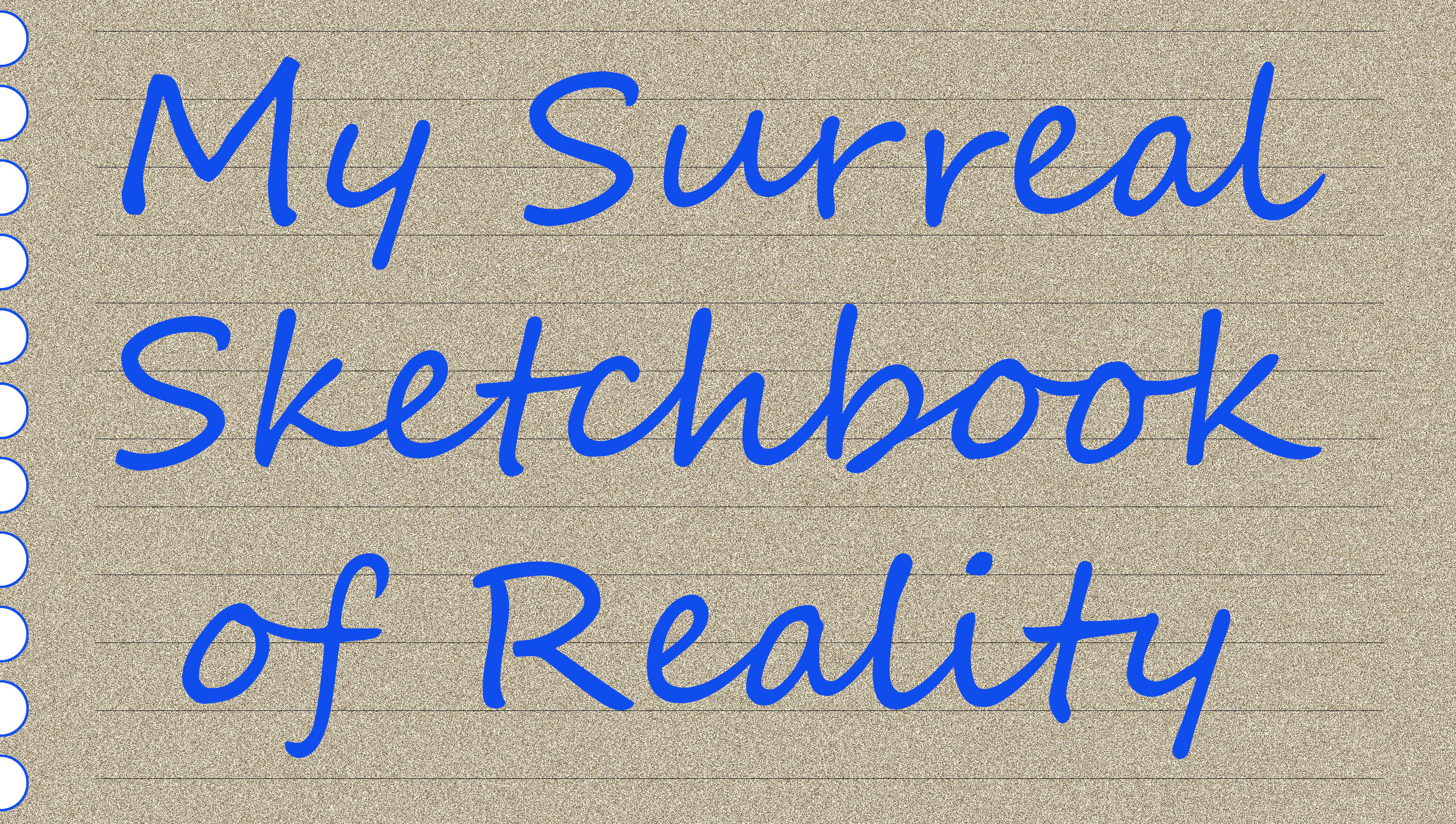The Hungry Forest – a 100 word story
The forest whispered to Anna. She crawled dipper into the closet. The forest creatures were coming for her, and she knew they were going to skin her alive, then tear her apart limb from limb. She was terrified, but she was also prepared. She clutched the little device the strange man from the forest gave her and activated it. The closet started to spin around her, becoming a blur, then it disappeared altogether. She was no longer there. The forest creatures would have to feed on some other poor soul today. She thanked the spirit of human ingenuity for teleports.
—–
Hi there and thanks for stopping by. I’m Guy, and you’re listening to my surreal sketchbook of reality.
—–
Episode 16, The Closet Started to Spin
Imagination can be real magic, or it may be the biggest of lies. This episode Is a semi-philosophical look at imagination. I’m not a professional philosopher by any means and my approach can be quite absurd, illogical and not at all that serious, so – you’ve been warned. Do not take this podcast too seriously. If you tend to take things too seriously, this might not be the podcast for you. Seriously. I mean it. Find another podcast to listen to.
You’re still here? Good. Let’s talk about imagination. Imagination is often used to tell a story. To imagine the story, you would often begin with a question, and that question would often begin with “What if…” There are “What if…” questions that are close to our everyday reality like “What if I didn’t have to go to work?” or “What if that next-door neighbor was a foreign spy?”. Those would produce stories that can happen in real life and in fact, those imaginary stories might even be similar to events that actually happened. There are also “what if” questions that create completely separate realities like “What if walking trees and hobbits really existed?” or “What if there was a substance called aether that could be used to control elements, and those, in turn, could be used for magic?”. Those “what if…” questions would produce stories that would require us to suspend our disbelief if we want to enjoy them since they would be very different from what we experience in our everyday reality.
Science and technology also rely on imagination for progress. We wouldn’t have the modern world if we didn’t have questions such as “What if two people on the other sides of the world could instantly talk to each other?” or “What if we could put the phone, the television and the radio into our computer?”. Other imaginative questions are going to shape our future, questions such as “What if your car could drive all by itself?” and “What if we could create objects that can be controlled and shaped by computers?”. Another very imaginative question is “What if I take a break right now?”. I’ll be right back.
—–
The Egg – a 100 word story
“But… can you do it?” I asked, eyeing him suspiciously “can you make it hatch?”. I never liked those federal types. I always suspect them of being oblivious to the consequences. “Nothing to it,” said the man in the black overcoat. I checked my watch. It was nearly time now. “Just let me inspect it one last time,” I said. “Sure, Just don’t break it” he answered. The Pterospondylus egg lay before me. I examined it gently, then they took it away. As I watched the egg in the incubator, I envisioned a future where flying dinosaurs grace our skies.
—–
Welcome back. Imagination is used to create fictional stories. You can find those stories on books, in radio plays, in the theater and on video games among other things. Some of those stories are very elaborate and create whole new worlds for us to enjoy. The lore of those worlds can go back to prehistory, inventing anything from mythology to geography. Entering those worlds, you can leave your everyday life for a while, forgetting your everyday troubles. That is the magic of imagination.
Some people can get lost in imagination and start believing imaginary things to be real. They can start believing the earth is flat and stands on an endless pillar made out of turtles, or that evolution is a lie. While imagination can be a good thing, it can also be used to create fake news and conspiracy theories. People can imagine all sorts of things and start believing them. They can imagine we never landed on the moon or that Elvis is alive. This comes from believing the things you imagine to be true without checking them first.
Being skeptical of imaginative statements is healthy. When someone makes a statement that is conspiratory, not in line with what we know or outright illogical, we must look for scientific evidence to disprove that statement. Real scientific proof for anything should follow the scientific method, but this is a topic for another episode. For now, just remember that imagination can be a great vehicle for enriching your life, but you should always know how to distinguish it from reality. This concludes episode 16 of this podcast. Close the door on your way out and don’t forget – I’m just a figment of your imagination.
—–
